According to the plan, the North-South high-speed railway project will start construction in 2 years. It takes 7-8 years to train an engineer, so there are opinions that it is necessary to consider importing high-quality labor.
After nearly 20 years of research, at the 8th session of the 15th tenure, the high-speed railway project on the North-South axis continued to be submitted to the National Assembly for investment policy.
Previously, the 13th Party Central Committee, the Politburo , and the Government agreed on the investment policy for the North-South high-speed railway and requested the mobilization of all resources for implementation.
With the increasing demand for transportation, the size of the economy in 2030 reaching 430 billion USD, nearly 3 times larger than in 2010, and public debt at a low level of about 37% of GDP, this is considered a ripe time to start construction.
The project is expected to start construction in 2027 and be completed in 2035 with a length of 1,541km. According to the design, the train speed is 350km/h, helping the travel time from Hanoi to Ho Chi Minh City to be 5.5 hours, saving 6 times more time than the normal train.
Nearly 14 thousand personnel are needed for management, operation and maintenance.
With the largest technical scale and capital ever, the Ministry of Transport said the North-South high-speed railway project needs about 14,000 personnel for management, operation and maintenance.
To ensure human resources for implementing the high-speed railway project in particular, the Government has directed the development of a railway human resource development project.
In which, propose human resource training program in 3 types: Domestic training, foreign training, combined domestic and foreign training.
The report calculated the cost for training and human resource development at about 486 million USD, including 340 million USD to train 13,880 management, operation and maintenance personnel and 8 million USD to train 700 personnel for the project management agency...
National Assembly Delegate Phan Duc Hieu, Standing Member of the National Assembly's Economic Committee, said that it is necessary to have a mechanism and strategy for training human resources and preparing all conditions for domestic enterprises to participate.
“The hope is that domestic enterprises and human resources will take the lead. This is a very clear policy. The problem is that we need to have a flexible strategy and mechanism to implement this,” said Mr. Phan Duc Hieu.
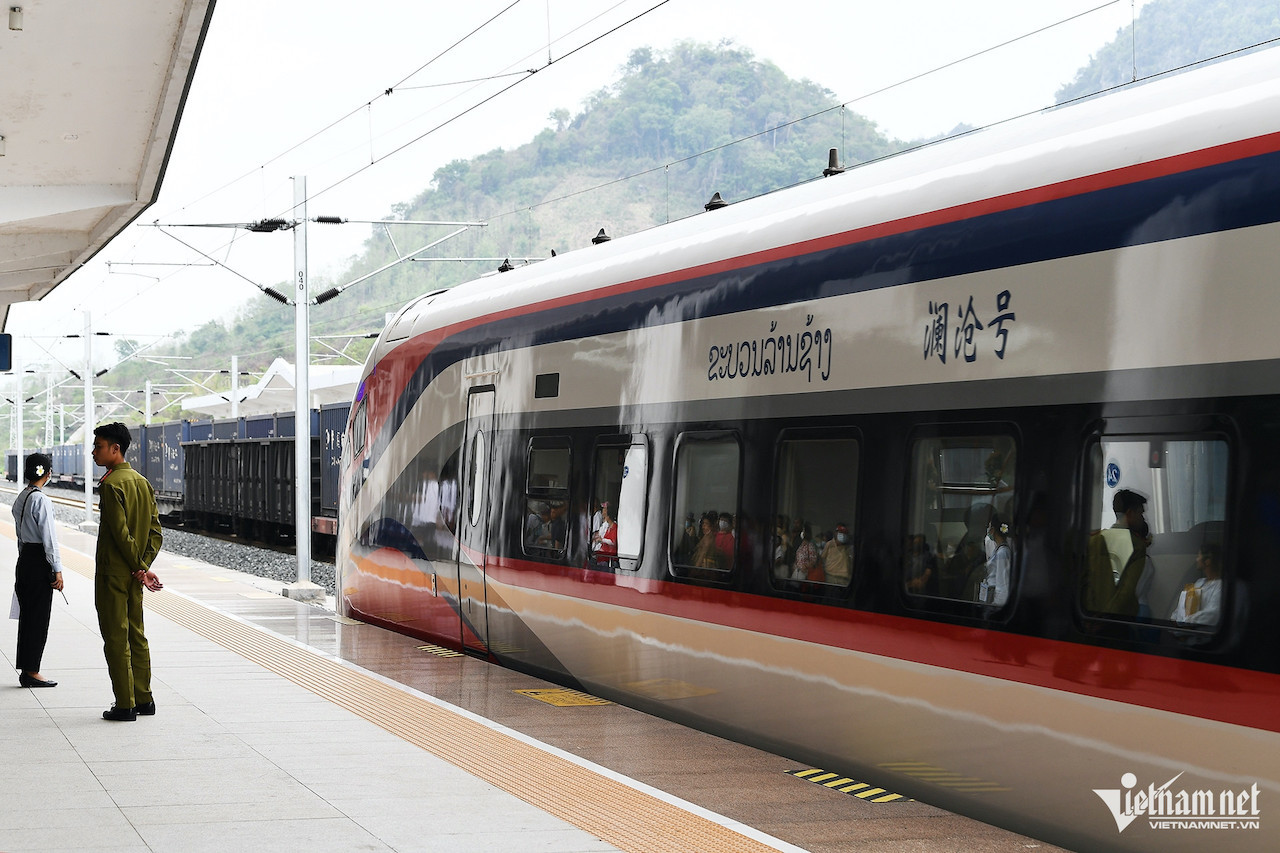
Regarding human resources participating in the project, Colonel Nguyen Tuan Anh, Deputy General Director of Truong Son Construction Corporation, said that the unit has proactively cooperated with training centers to issue diplomas and certificates for railway engineers.
Representatives of Deo Ca Group have also taken concrete steps to prepare both domestic and foreign personnel. Accordingly, the group has cooperated with international partners to visit, learn, and train, and at the same time to attract experts to train its own personnel.
For domestic personnel, the group has also clearly separated the personnel levels. For the engineer level, the group has established the group's Research Institute to prepare human resources. Up to now, 2 courses on railways have been opened with 200 engineers.
For field workers, right at projects across the country, the group has established practical training centers, with the goal of training general workers for practical work right at the construction site, attached to the North-South road projects and then moving towards the North-South high-speed railway.
Need to consider importing high quality labor
From the perspective of a unit with many years of experience in railway projects, Mr. Mai Thanh Phuong, Chairman of the Board of Directors of Railway Construction Corporation (RCC), emphasized that resources and equipment are two issues that need to be prepared for the high-speed railway project.
According to the policy, we orient Vietnamese enterprises to take the lead in implementing the project, but Mr. Phuong pointed out the reality that enterprises do not have knowledge or certificates while there are only 2 years left for the project to start construction.
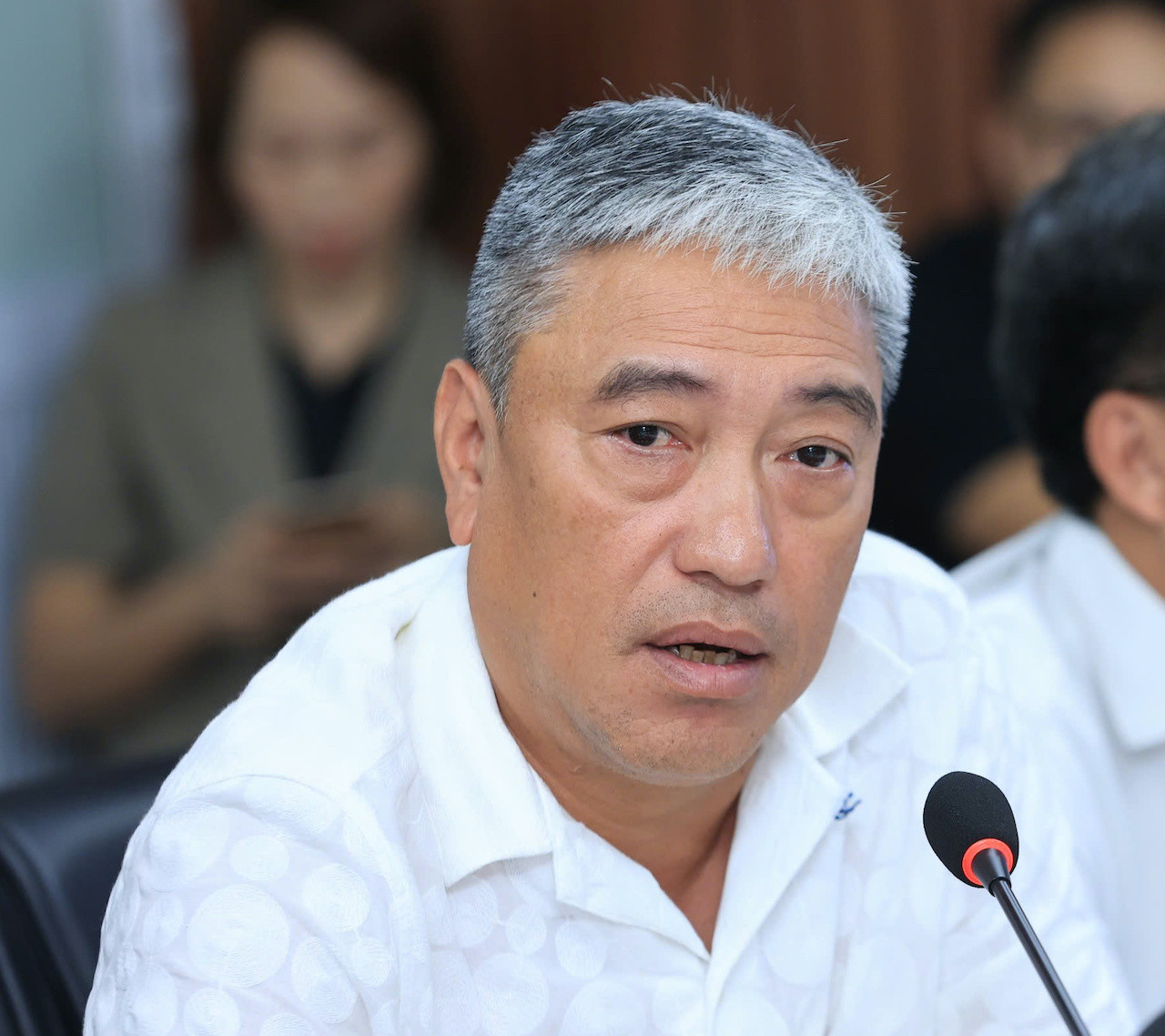
“It takes 4-5 years to train a university engineer, plus 3 years of field practice, which means it takes 7-8 years to train an engineer, and that doesn't even include assessing whether they can get a job or not.
We need to look at the reality that in the next 2 years to start the railway construction, we cannot rush into training human resources but need to find solutions through importing labor and engineers. Training is for a long-term strategy in the next 5 years," Mr. Phuong acknowledged.
Therefore, Mr. Phuong believes that without more careful preparation, starting the project in the next 2 years is "fantasy".
“We should face the truth, what we don’t have we need to buy and integrate. In particular, if we want to build a high-speed railway in the first 5 years, we need to integrate within our own territory in terms of technical solutions and human resources integration,” said Mr. Phuong.
Citing Vinfast, a company that uses a large number of highly skilled foreign workers, Mr. Phuong asserted that "if they can do it, transportation companies can do it too." Accordingly, if they cannot form a joint venture with a foreign company, they can find another way to import high-quality labor.
Mr. Hoang Nang Khang, Deputy General Director of Vietnam Railway Corporation, said that the unit is preparing all aspects to meet future operational needs with a plan to need about 13,800 employees for this work.
Currently, the human resources team is responsible for working with domestic and foreign training facilities to prepare human resources for operation.
In fact, we cannot wait until construction is completed to train the operating force such as train drivers. It takes 5 years of training to become a train driver. If the train drivers are already working, it will take at least 3 years to train. Train dispatching staff positions also take 3-5 years of training.
Therefore, the unit is currently assigning the railway college to cooperate with foreign partners for training. In theory, we can invite foreign experts to train, but for the practical part, we have to send human resources abroad for training.
Source: https://vietnamnet.vn/can-nhap-khau-lao-dong-chat-luong-cao-lam-duong-sat-toc-do-cao-bac-nam-2343564.html





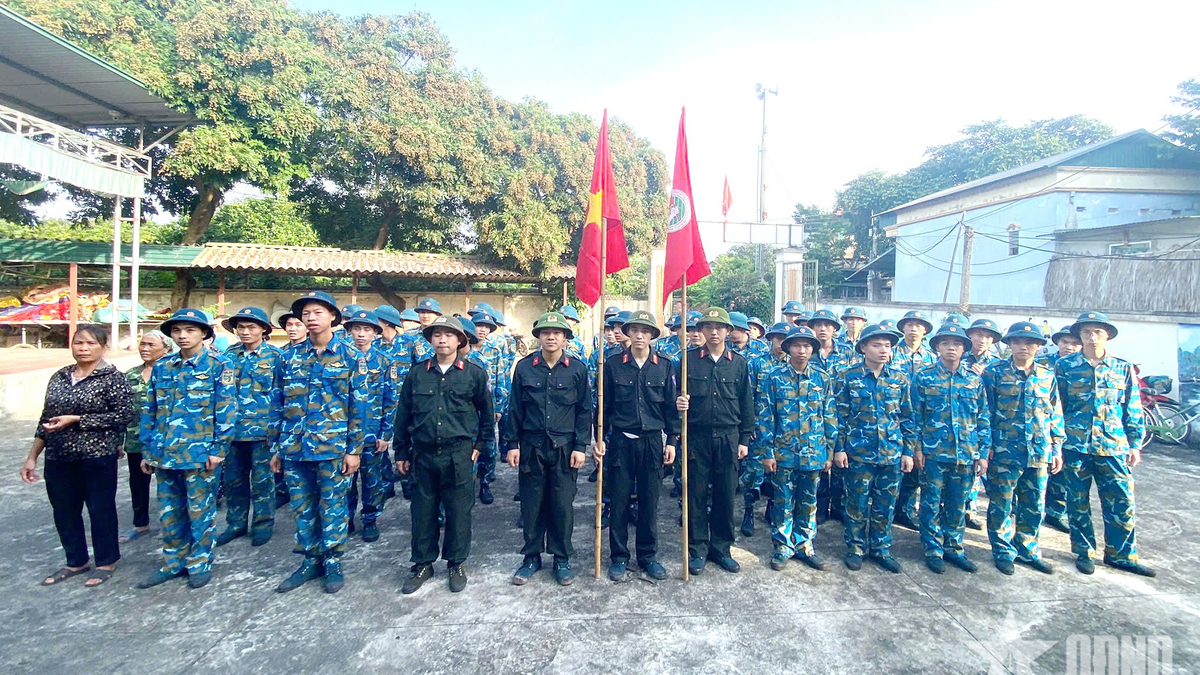
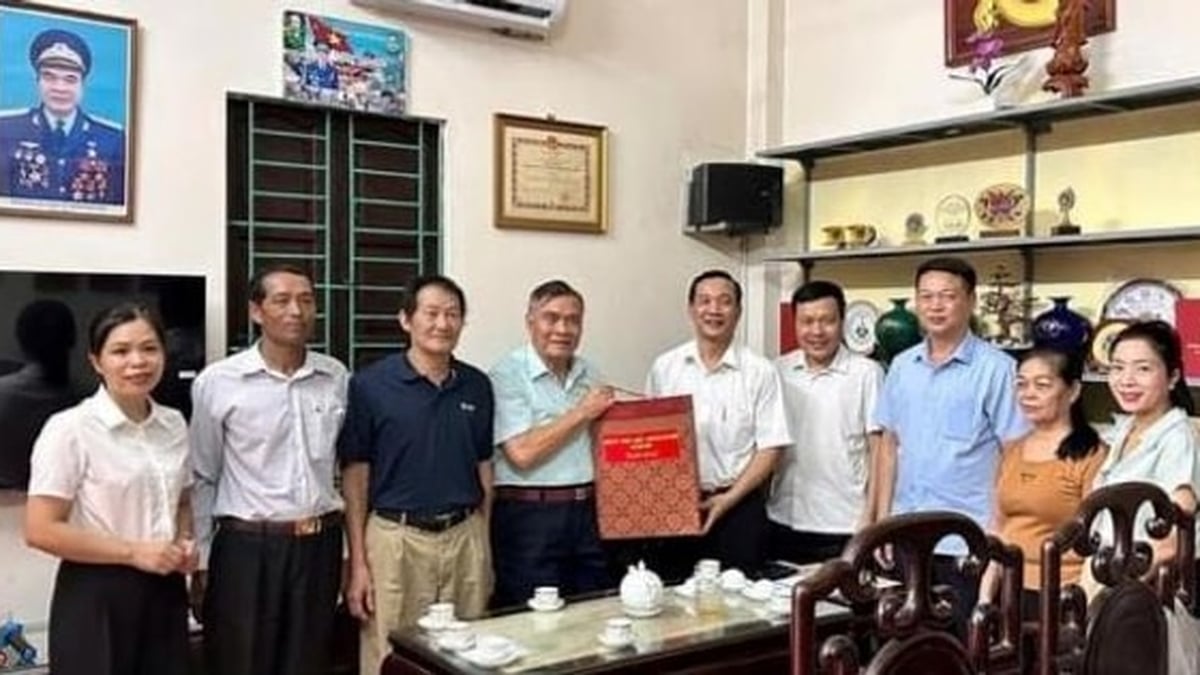
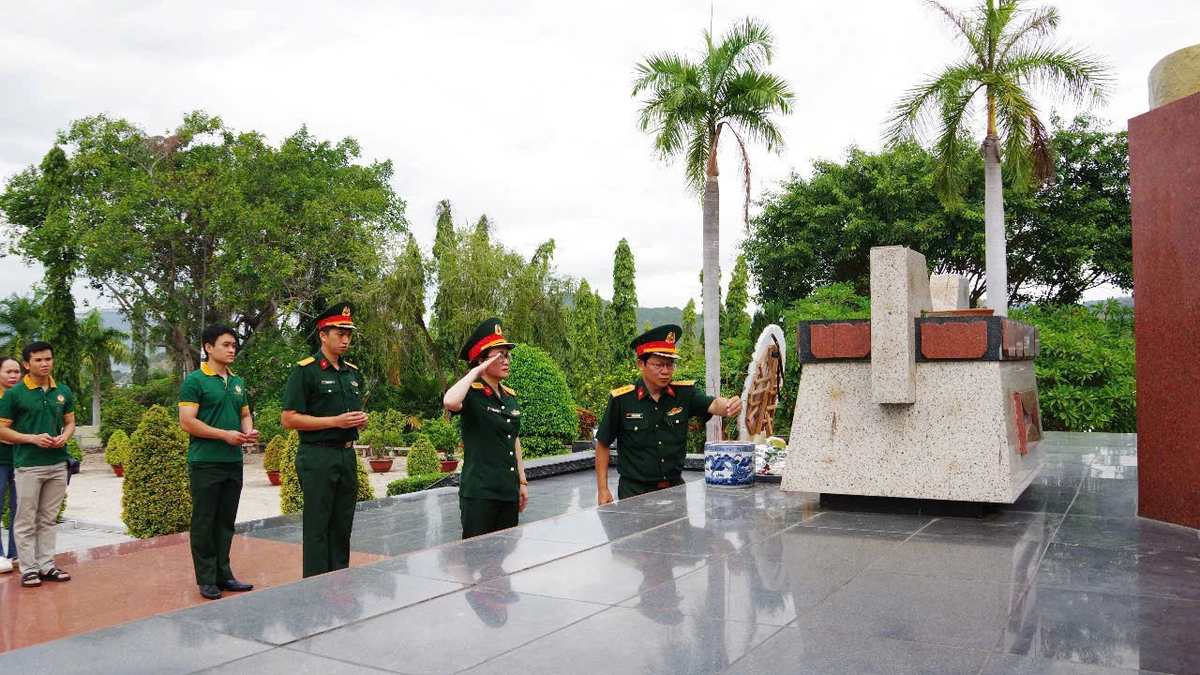



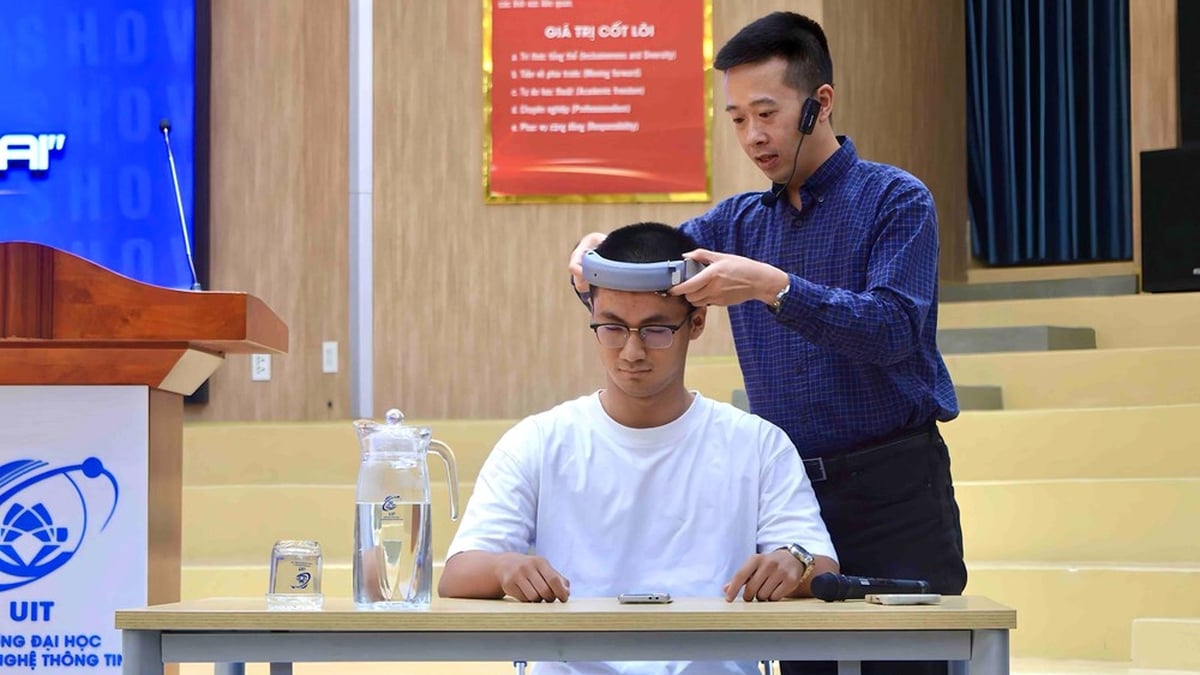























































































Comment (0)